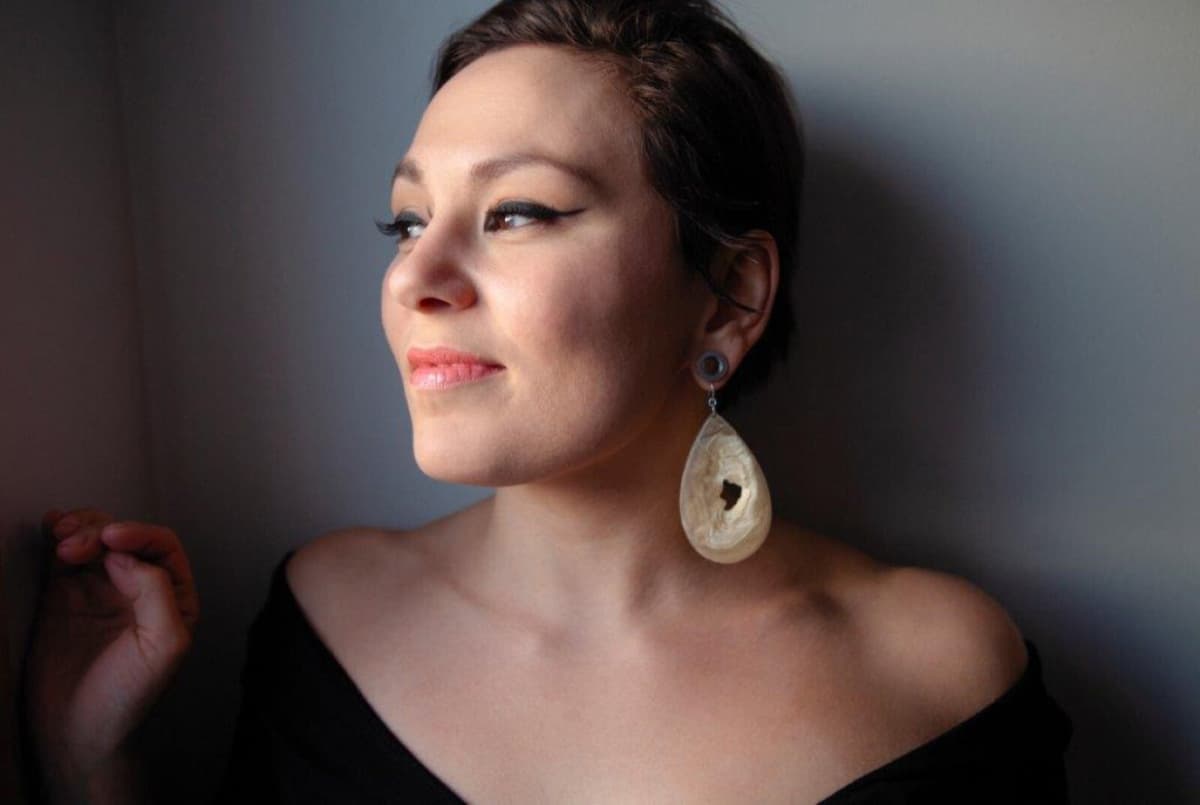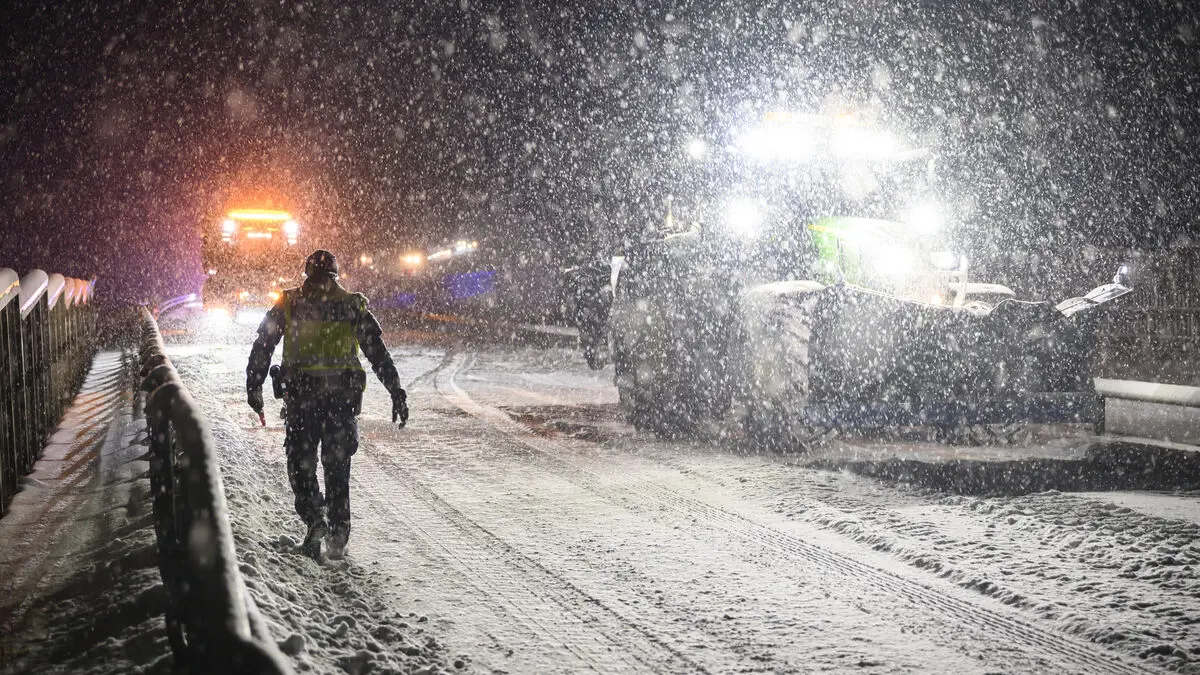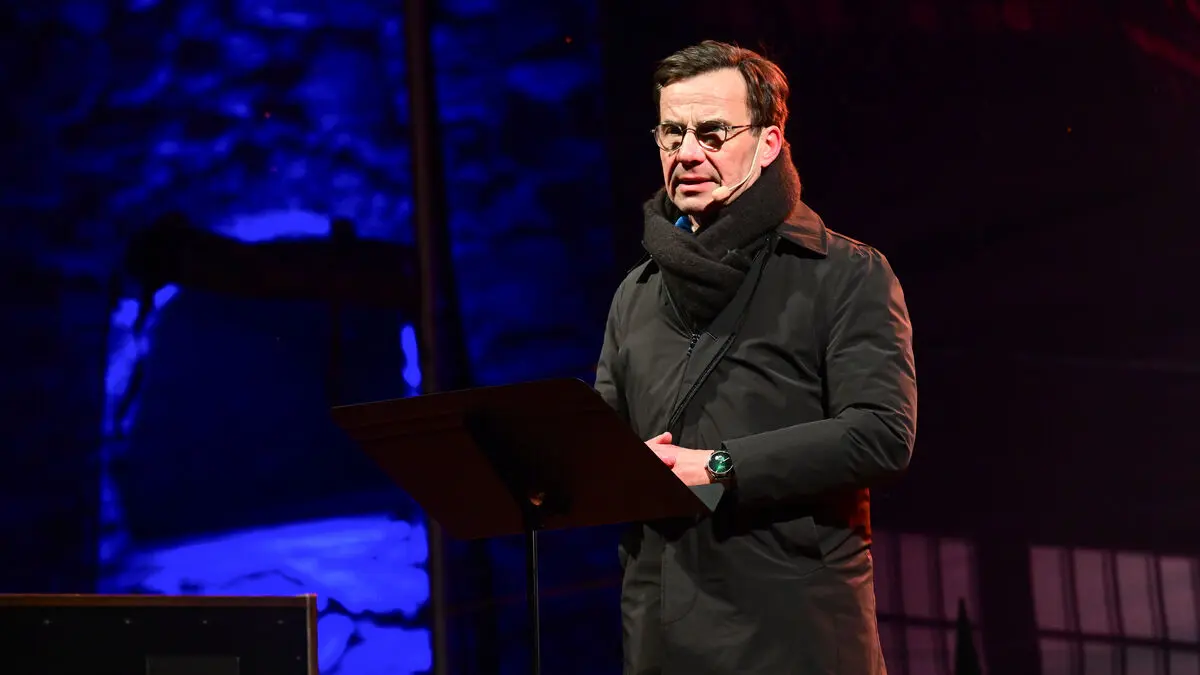Life is tough for everyone, taking care of this meat costume is hard, says Tanya Tagaq and bursts out laughing, before explaining that there are areas where life is extra challenging despite everything.
Like in her book "Split Tooth", where an Inuit girl grows up in the small Arctic town of Iqaluktuuttiaq in the 70s and 80s. Tanya Tagaq has written the story based on her teenage diary entries, and depicts how the children are left to their own devices in the cold and are forced to beware of groping teachers and violent, alcohol-abusing adults.
But the vulnerability is a direct result of colonialism, she emphasizes.
We were forced into the colonial system and now we're being blamed for being poor and addicted, says Tanya Tagaq.
"Major theft"
Inuit culture, colonialism, global economy, and love for nature – in an unusual blend of poetry, memoir, and fiction, Tanya Tagaq wants to show how everything is connected. She claims that Canada's indigenous people have been forced into poverty.
Capitalism is just one big damn theft of resources, she says, and claims that her dog in Toronto has better healthcare than the people in Nunavut.
The indigenous people were placed in special boarding schools from the 1860s until the 1990s and were forbidden to speak their language. Their traditional throat singing was condemned as ungodly, but it's precisely for throat singing that Tanya Tagaq became known. With her own version of the song – and literature – she holds on to and spreads Inuit culture.
Culture is a beautiful information channel, especially information beyond government propaganda. That's why it's often art that's destroyed first when countries have been taken over throughout history.
Nature-oriented
With Tanya Tagaq's holistic view of nature, the boundaries between humans and animals are blurred. In the book, animals are our equals, with whom we are united through both erotic relationships and the food chain. The girl in the book also becomes pregnant with the northern lights.
But Tanya Tagaq doesn't want to talk about Inuit folklore.
I read about people who believe the earth is 9,000 years old – but it's my belief that's called mythology.
She doesn't consider herself above other people, mountains, or even fruit flies – we're all made of the same building blocks, emphasizes Tanya Tagaq, and claims that in the era of the climate crisis, the Inuit's attitude towards nature is what's needed.
The weather is our highest authority, all humanity will understand that, and the indigenous people have understood it all along.
Elin Swedenmark/TT
Facts: Tanya Tagaq
TTTT
Born: In Iqaluktuuttiaq/Cambridge Bay in the territory of Nunavut, Canada.
Lives: Toronto, Canada.
Family: Husband and two daughters, 21 and 13 years old.
Current: With debut book "Split Tooth". Performs in concert and author talk at Littfest in Umeå on March 14-15 and Kulturhuset Stadsteatern in Stockholm on March 17.
Career: Is an internationally acclaimed throat singer and composer who has collaborated with, among others, Björk and Kronos Quartet. She has also made music for "True Detective" on HBO, where she also appears as an actress. She is also known for her fight for murdered and missing Inuit women.
Debut novel was awarded the Indigenous Voice Award in Canada.
... sex:
I don't understand how people could make it into something dirty or shameful. It's the essence of life, of seeing a seed grow. So innocent I think sex is. Regardless of what people have done, you can't take away the basic instinct or pleasure. You can't take love away from me no matter how many damn Trumps there are.
... the discrepancy between humans and nature:
The whole earth is on fire because of that discrepancy. I've talked to a child who didn't know that the hamburger used to be a living cow. How humanity has been separated from reality has led us to create ridiculous rules that feed loneliness, fear, and consumerism. We literally shit where we eat, and burn everything down.






